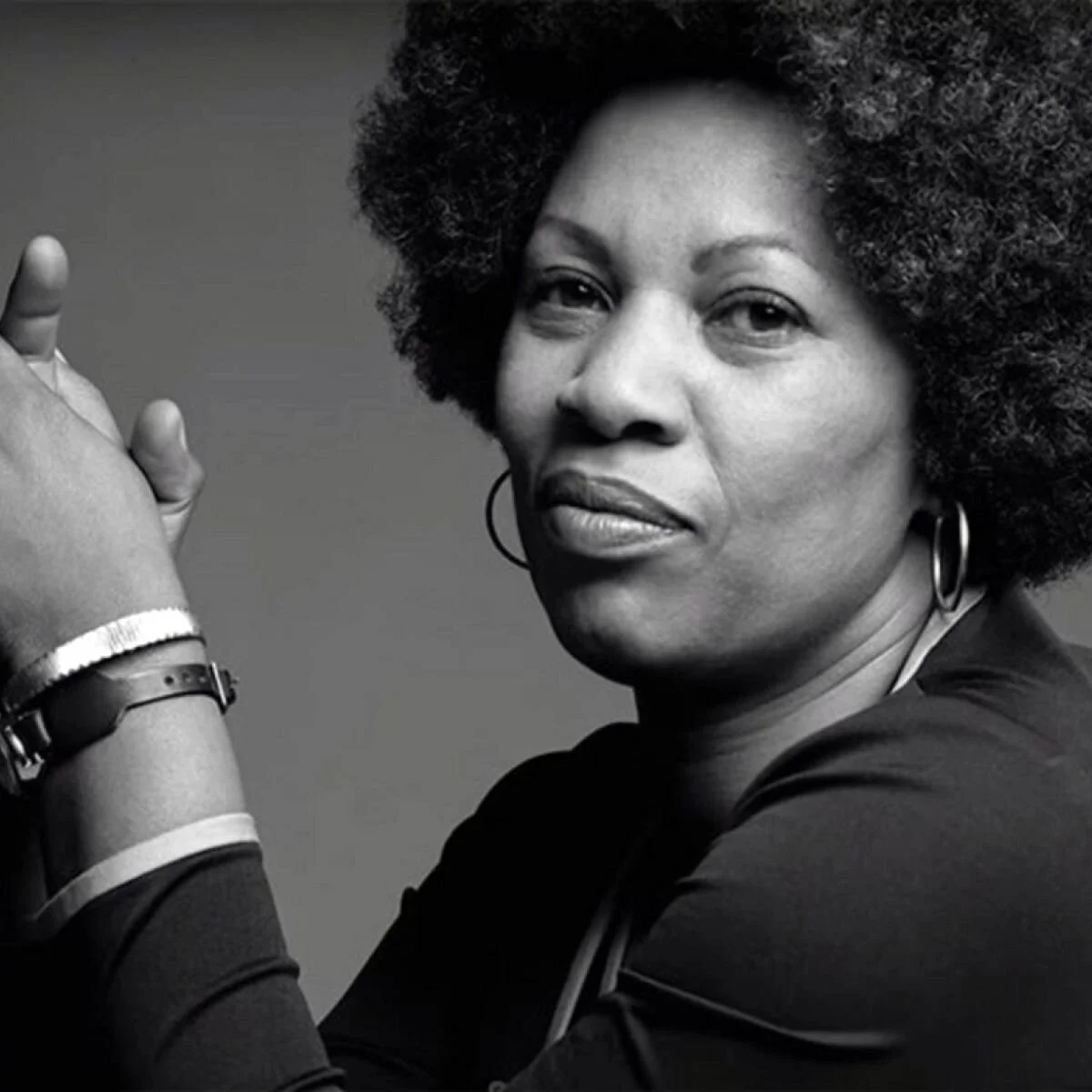TONI MORRISON
Chloe Anthony Wofford Morrison (1931-2019) was born and raised in Lorain, Ohio. She went to Howard University in Washington DC for an undergraduate degree, then Cornell University for her M.A. Almost a decade passed (marriage, children, divorce) before she became the first female black editor at Random House in 1967. In 1970 she published The Bluest Eye, a signal debut, and by 1975 her writing career moved her out of editing and into a rise to one of the premier novelists in the United States. In 1987 she published Beloved, her epic ghost story in a sense, which earned her financial security, a nationwide bestseller for half a year. She was awarded the Nobel Prize for Literature in 1993 for her lifetime of work to date. She was the first black woman of any nation to win the prize. The eminence of being recognized as a world writer did not stop or slow down her writing or teaching (fellowships, lectureships, as befit her position). She died August 5, 2019, at 88 years.
Beloved
Beloved
Upon the original publication of Beloved, John Leonard wrote in the Los Angeles Times: “I can’t imagine American literature without it.” Nearly two decades later, The New York Times chose Beloved as the best American novel of the previous fifty years.
Toni Morrison’s magnificent Pulitzer Prize–winning work—first published in 1987—brought the wrenching experience of slavery into the literature of our time, enlarging our comprehension of America’s original sin. Set in post–Civil War Ohio, it is the story of Sethe, an escaped slave who has lost a husband and buried a child; who has withstood savagery and not gone mad. Sethe, who now lives in a small house on the edge of town with her daughter, Denver, her mother-in-law, Baby Suggs, and a disturbing, mesmerizing apparition who calls herself Beloved.
Sethe works at “beating back the past,” but it makes itself heard and felt incessantly: in her memory; in Denver’s fear of the world outside the house; in the sadness that consumes Baby Suggs; in the arrival of Paul D, a fellow former slave; and, most powerfully, in Beloved, whose childhood belongs to the hideous logic of slavery and who has now come from the “place over there” to claim retribution for what she lost and for what was taken from her. Sethe’s struggle to keep Beloved from gaining possession of the present—and to throw off the long-dark legacy of the past—is at the center of this spellbinding novel. But it also moves beyond its particulars, combining imagination and the vision of legend with the unassailable truths of history.

